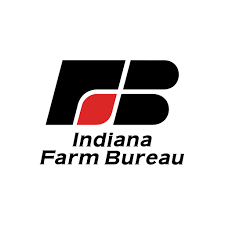
Indiana Farm Bureau has announced its priorities for the 2026 legislative session which were heavily influenced by the current state of the agriculture economy and the urgency to secure a brighter future for Indiana farms and rural communities.
“Last year we were laser focused on tax legislation with it being a budget year,” said INFB President Randy Kron. “This year, we need the General Assembly to consider legislation that will protect farms and rural communities to ultimately ensure safe, affordable food not just for Hoosiers but for people all over the world.”
The U.S. Department of Agriculture predicts farm debt will increase 20% from 2022, totaling almost $592 billion this year. While many farm families across the country are struggling to stay afloat, Kron says that INFB is committed to advocating for policies at the local, state and national levels to ensure farmers can keep farming.
The priorities identified by INFB for 2026 include the following general topics:
Encourage investment in agriculture.
INFB will support policies that improve the economic outlook for farms and help create opportunities for passing the farm onto the next generation.
“The tax relief that came out of Senate Enrolled Act 1 from the 2025 legislative session didn’t make a big enough dent in farmers’ pocketbooks to strengthen the ag economy,” said Kron. “With continued pressure from rising input costs, land prices and property taxes, it will be difficult for farmers just to break even this year. We need lasting property tax reform now.”
Strengthen rural communities.
Strong rural communities are vitally important for Farm Bureau members. Farms and agribusinesses contribute heavily to Indiana’s economy, and those contributions are only made possible by thriving rural communities with infrastructure that can support the local workforce, and allow families thrive. INFB will encourage investment in those communities with robust education, healthcare and emergency services, as well as infrastructure for local food production and value-added economic development.
“Emergency medical services, fire and police are essential to keep rural communities surviving long term,” said Katie Nelson, INFB’s executive director of public policy. “We will support legislation this coming year that prioritizes effective, efficient and responsive local government services for our members.”
Support Indiana’s farms and farmers.
According to a 2024 study conducted by the Indiana State Department of Agriculture, Indiana lost almost 350,000 acres of farmland to mainly residential and economic development between 2010 and 2022.
Although farmers are getting more efficient with the tools they have every year, productive farmland is still essential to growing the food, fuel and fiber the world is counting on.
“Food security is national security,” said Nelson. “As the average person gets farther and farther away from the farm, it becomes increasingly important that farmers have a voice in the policies that impact them. Our members have made it clear that legislation protecting prime agricultural soils and natural resources should remain a priority moving forward.”
That objective includes ensuring zoning and land use regulations accommodate modern agriculture. The evolving energy discussion has also been a hot topic for potential legislation, with nuclear energy quickly becoming a higher priority above other forms of renewables.
Water policy also remains on the priority list for INFB as stakeholders continue reviewing the state’s inventory and begin forming a framework for regulatory use in the future.
INFB’s policy priorities are created from the ground up, beginning with each county Farm Bureau. All counties have the opportunity to make policy suggestions for the upcoming year. Then the recommendations are brought before a resolutions committee to be considered before they reach the INFB delegate session, which was held on Aug. 16 and consisted of 226 member representatives. After the delegate session, the INFB board of directors identified the key issues INFB members and staff will focus on at the Statehouse.
INFB leaders and staff will meet with legislators to discuss the organization’s policy priorities for the upcoming 2026 legislative session at their annual Organization Day Breakfast held at the Statehouse on Tuesday, Nov. 18. When the 2026 session of the Indiana General Assembly begins in January, INFB members will also visit with their legislators to advocate for this year’s policy positions.


 President Donald J. Trump approves emergency declaration for Indiana
President Donald J. Trump approves emergency declaration for Indiana
 IDHS activates State Emergency Operations Center in response to winter storm
IDHS activates State Emergency Operations Center in response to winter storm
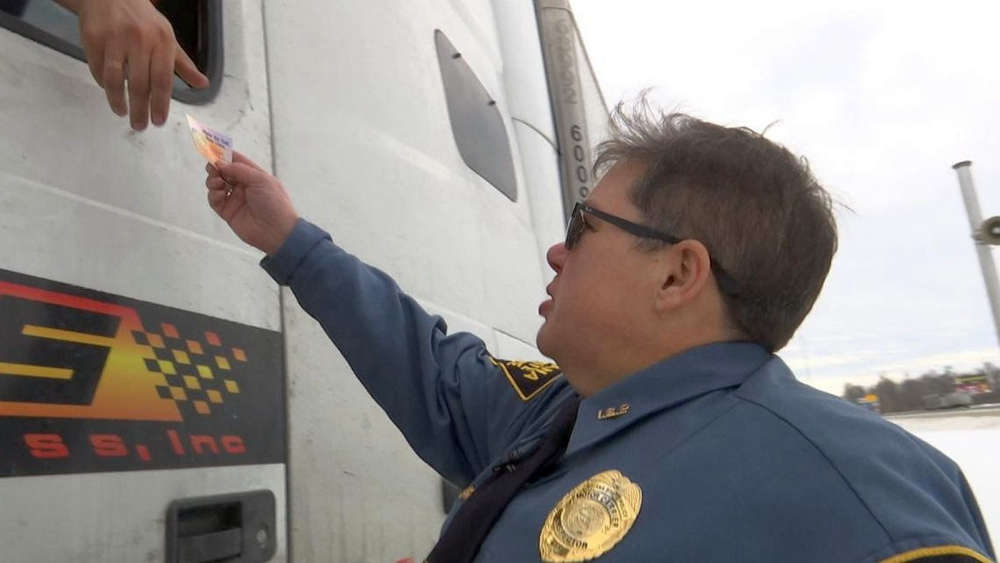 ISP releases Human Trafficking Awareness Initiative results
ISP releases Human Trafficking Awareness Initiative results
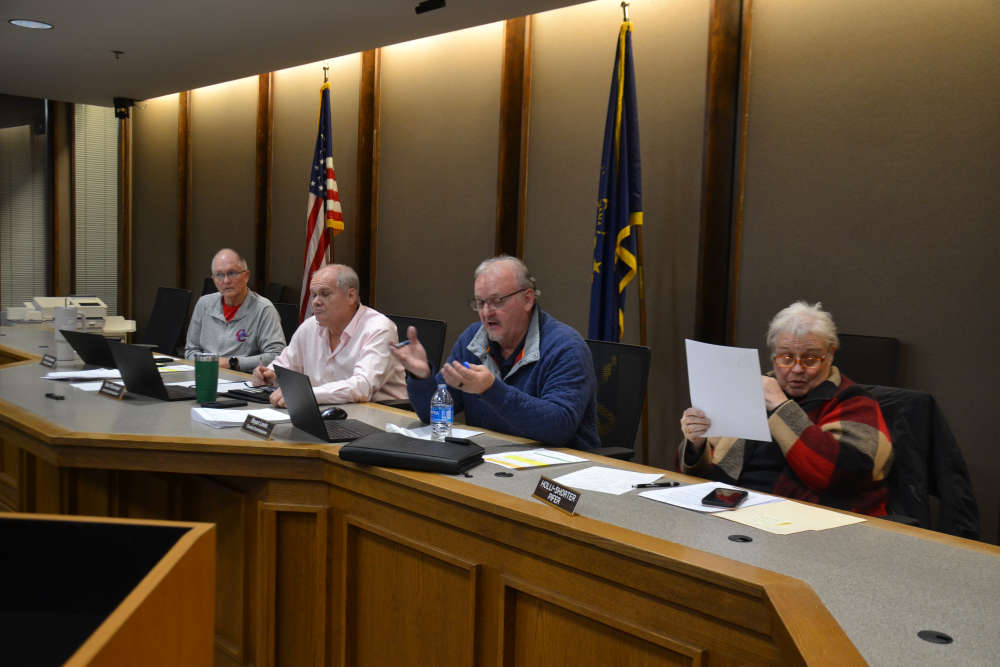 Fulton County Commissioners amend zoning rules after community concerns on potential data center
Fulton County Commissioners amend zoning rules after community concerns on potential data center
 Indiana House Page Program available during 2026 session
Indiana House Page Program available during 2026 session
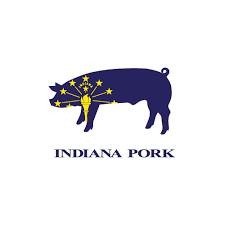 Area teachers recognized by Indiana Pork
Area teachers recognized by Indiana Pork
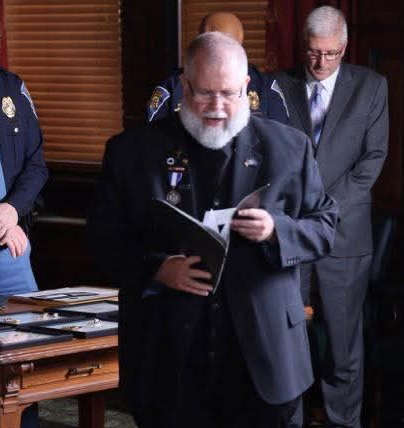 Indiana State Police seeks volunteer chaplains to support trooper wellness and resilience
Indiana State Police seeks volunteer chaplains to support trooper wellness and resilience
 American Red Cross urges the public to donate blood
American Red Cross urges the public to donate blood




